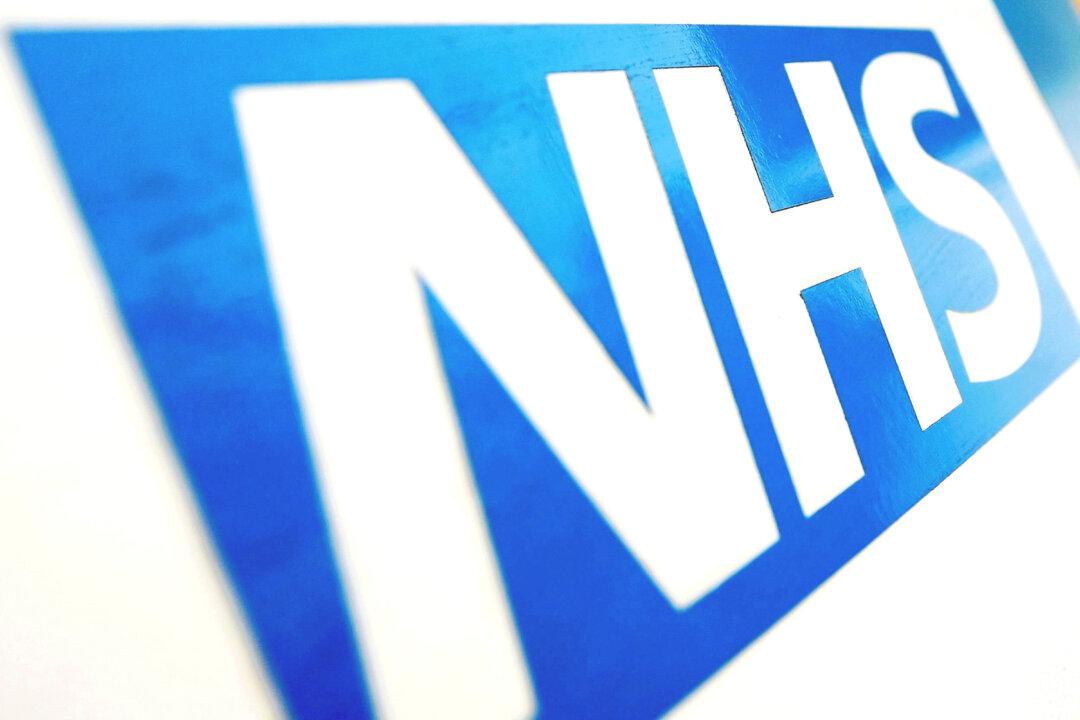The NHS has “desexed” its guidance on female medical conditions, by using “inclusive” gender-neutral language that excludes the words “female” and “women.”
The Times of London reported that the main NHS web pages on ovarian, womb, and cervical cancers no longer refer to women.





